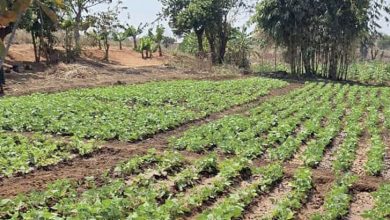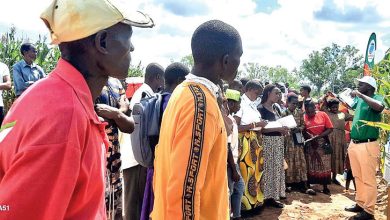Malawi strengthens health systems after polio outbreak
On April 24 2025, healthcare authorities and partners in Malawi held the National Polio Transition Planning Meeting to map how systems that helped eradicate the outbreak continue to serve the country for years to come.
Malawi is taking decisive steps to strengthen its health system after successfully eliminating a reimported wild poliovirus (WPV1) outbreak last year.

Malawi was certified free of indigenous wild poliovirus in 2020, alongside the rest of the African region.
However, the detection of a reimported case from South Asia in 2022 prompted health authorities to respond swiftly and decisively halt transmission by May 2024.
By January 2025, the Global Polio Eradication Initiative (GPEI) had classified Malawi as low risk on its global polio watchlist, recognising the country’s strong surveillance and containment efforts.
With external polio funding declining, Malawi is now focused on closing workforce and financing gaps to sustain gains.
Health leaders and stakeholders recently convened for the National Polio Transition Planning meeting, aiming to integrate polio eradication infrastructure—ranging from trained personnel to disease surveillance systems—into the broader national health framework.
The Polio Transition Plan, aligned with the Ministry of Health’s Immunisation Programme, is expected to reinforce disease prevention efforts across multiple sectors.
“Our ability to manage core functions nationally is vital to keep Malawi polio-free and strengthen responses to other vaccine-preventable diseases,” said Patrick Wataya Chirwa, chairperson of the National Certification Committee.
Polio resources have played a vital role in Malawi’s emergency health responses, and the transition plan seeks to preserve these assets while reinforcing immunisation, surveillance and outbreak preparedness.
Sarah Wanyoike, from WHO Eastern and Southern Africa inter-country support team, says lessons from Malawi’s outbreak response can help shape a stronger, more resilient health system.
“We must integrate service delivery and strengthen surveillance across the board—not just for polio, but for all vaccine-preventable diseases,” she said.
WHO country representative Dr Neema Kimambo says the transition requires strong collaboration among government agencies, local health authorities, partners and civil society.
The National Polio Transition Plan is a blueprint for sustaining polio eradication efforts while advancing universal health coverage and equity.—Apanews





